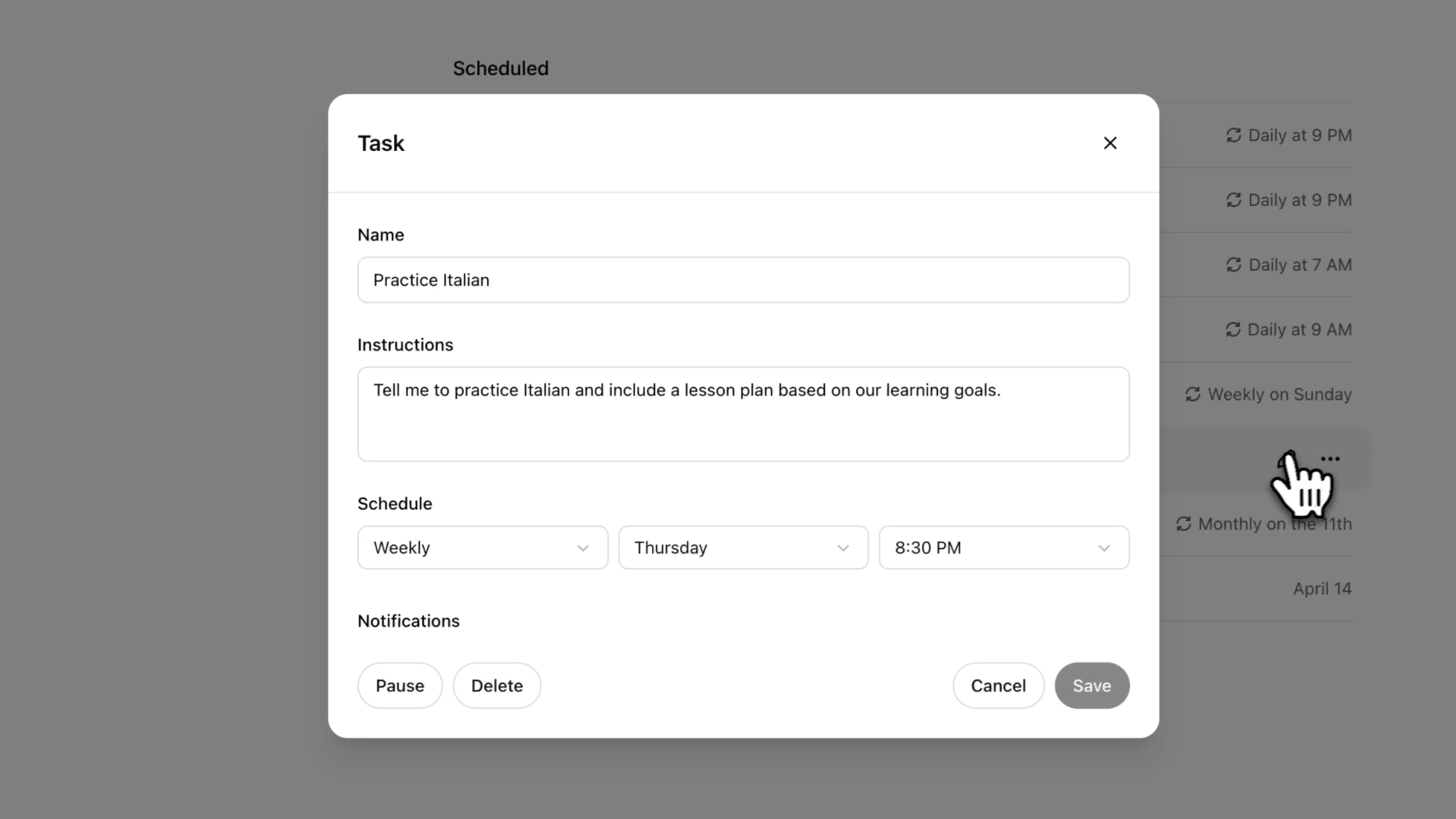- AI will displace 92 million workers, but create 170 new roles
- Clerical and secretarial roles are most at risk of displacement
- New skills to learn include AI, big data, networks and cybersecurity
The World Economic Forum (WEF) has released its latest report on the future of jobs, staing AI might actually create more jobs than it destroys.
The prospect that artificial intelligence could be beneficial to the labor market goes against initial concerns surrounding the technology, and echoes findings from other studies that have been published since the public preview launch of ChatGPT in November 2022, which is credited with starting the AI boom.
WEF’s report not only suggests that a net job increase could happen, but it also explores the changing landscape and evolving skills demand.
AI will create more jobs than its destroys
We’ve recently heard from AI and ML expert Tak Lo that artificial intelligence will lead to “net job creation [and] new job creation,” but official WEF documentation confirming this should be music to the ears of skeptics.
By the end of the decade, the report predicted AI will displace 92 million roles, however the creation of 170 million jobs will result in a net creation of 78 million positions. The total amount of new roles set to be created equates to around 14% of today’s total employment.
“As we enter 2025, the landscape of work continues to evolve at a rapid pace. Transformational breakthroughs, particularly in generative artificial intelligence (GenAI), are reshaping industries and tasks across all sectors," said WEF Managing Director Saadia Zahidi.
The report reveals a big emphasis on AI and big data, networks and cybersecurity, and technological literacy skills, which are said to be the fastest growing, while predicting the demise of clerical and secretarial roles as a result of automation.
On the flip side, some of the safest roles include manual labor, such as farmers, laborers and truck drivers. As for knowledge workers, software and application developers look to be the safest from AI’s impacts.
Employers are also still looking for workers with traditional skill sets, like analytical thinking, resilience, flexibility and agility, leadership and social influence.
To that point, WEF expects two-fifths (39%) of the current skill sets to be “transformed or become outdated” between now and 2030.
Looking ahead, WEF’s research suggests more than three in four (77%) companies are planning to implement retraining programs to support their workers, while 70% intend to hire AI specialists, highlighting the importance of upskilling in that area.
You might also like
- We’ve listed the best job sites and best recruitment platforms
- Boost your chances of a career with the best online learning platforms
- Nationwide boss says women working at home could be missing out on job opportunities









 English (US) ·
English (US) ·